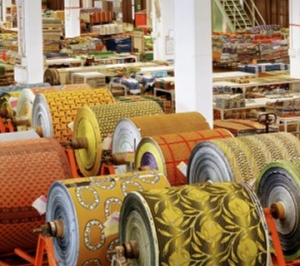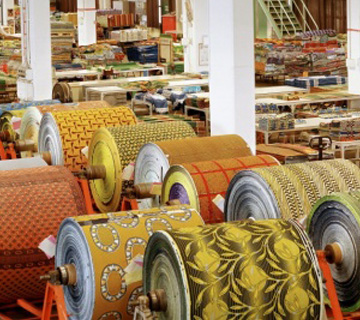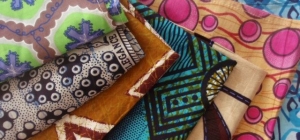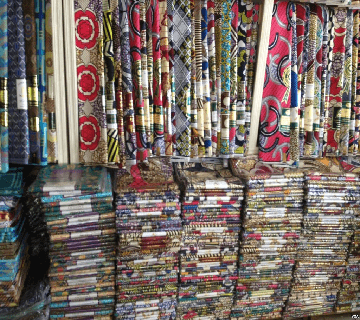
Despite the N100 billion intervention fund by the Federal Government to revive the sector, acknowledged as one of the highest employers after the government, it has remained in coma.
Instead of getting back on stream, many of the ailing companies are folding up, causing apprehension among operators and stakeholders because of its economic implications.
Nigeria’s textile sector was once the second largest in sub-Saharan Africa, behind South Africa and represented about 63% of textile capacity in the ECOWAS sub region.
Its decline in fortunes led to the reduction in the number of viable textile mills from 175 in the mid-1990s to less than 25 in 2010.
Employment shrank from about 137, 000 to 60, 000 in 2002 and there was a further reduction of the workforce by 36,000 as at 2010.
The bad tale is that many of the folded companies are yet to pay their workers’ their terminal benefits and other outstanding entitlements. And as a result of the hardship due to job loss, majority of them have died, living behind their wives and children in agony.
Stakeholders in the industry have blamed government’s inconsistent policies for the sector’s fall.
While Nigerians were expecting a noticeable turnaround in the fortunes of the companies following the Federal Government’s N100 billion intervention fund, one of the companies, Arewa Textiles Plc, arguably one of the biggest in Kaduna, was offered for sale.
The factory, occupying 178,208.81 square meters, is now under receivership and has been advertised for sale.
Its proposed sale, however, did not go down well with its disengaged workers who are now protesting.
Apart from Arewa Textiles, other firms already folded up are Kaduna Textiles Limited, Finetex and Northex all in Kaduna.
The question is, why are the fortunes of the textile companies sliding despite the huge capital injection?
For industry players, the N100 billion lifeline for the sector is like putting the cart before the horse, because apart from the fact that the machines must run 24 hours, scarcity of black oil and processed cotton, which add to the cost of production, make the finished materials uncompetitive.
Other challenges include the absence of long term, low interest funds, obsolete machinery, infrastructure deficit, especially irregular supply of electricity and poor transportation system, among others.
According to the General Secretary of Nigerian Union of Textile and Garment Workers of Nigeria (NUTGWN), Mr Isa Aremu, government has failed to put the textile sector back on track because of poor infrastructure and policy somersaults.
With many companies closing down, the workers are appealing to the government to step in to save the situation and help the textile sector to be competitive.
Will the government summon the political will to address all the issues that have continued to hold the sector down despite the injection of the intervention fund? Time will tell.



